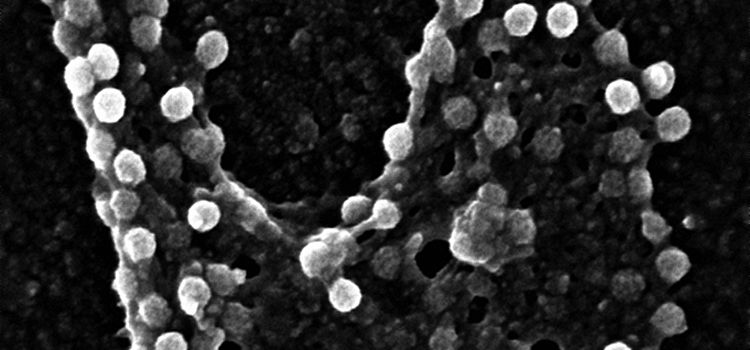The Department of Microbiology has strength in many different areas of viral research.
Our faculty perform research on a wide spectrum of fundamental virological problems including: 1) the analysis of viral evolution; 2) the mechanisms of viral genome replication and the function of both cellular and viral proteins in this process; 3) the mechanisms of viral genome encapsidation and assembly; 4) understanding virus-host interactions involved in inhibiting the cellular antiviral response; 5) the mechanisms of viral control of cellulartranscription and translation; 5) understanding the differences in the adaptive immune response during acute and persistent viral infections. Our unique combination of structural and molecular virology research results not only in the generation of basic knowledge about fundamental aspects of virus replication and pathogenesis on the molecular and organismal levels, but also provides a strong foundation for applied research. Our faculty perform a wide variety of studies aimed at the development of new drugs capable of interfering with different processes in virus replication and assembly, the design new viral vectors for the expression of heterologous genetic information and drug delivery, and the design of new efficient and highly attenuated vaccine candidates.
